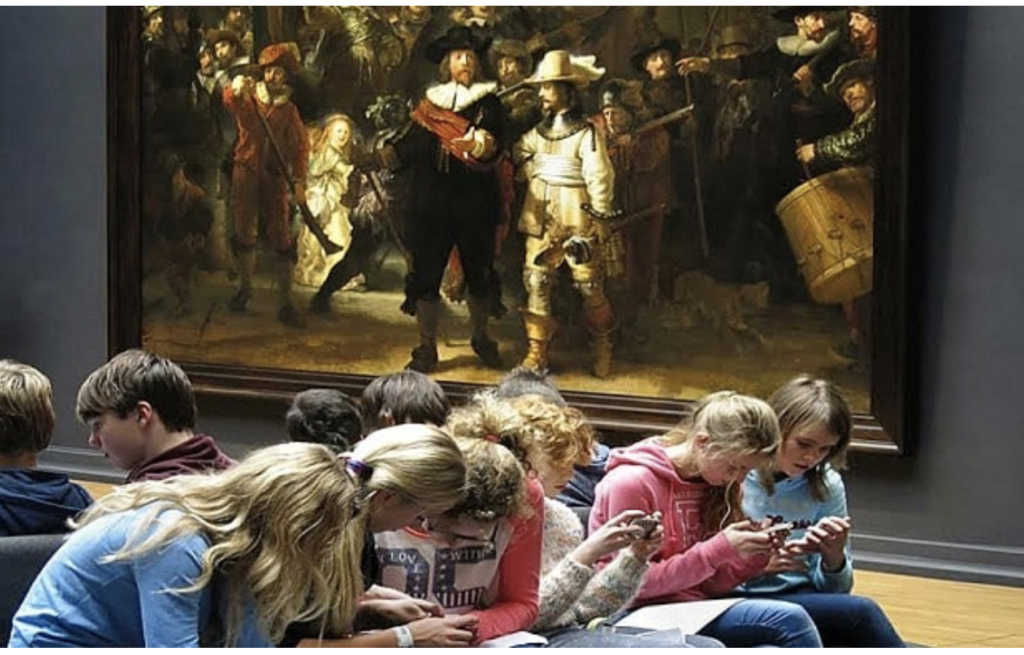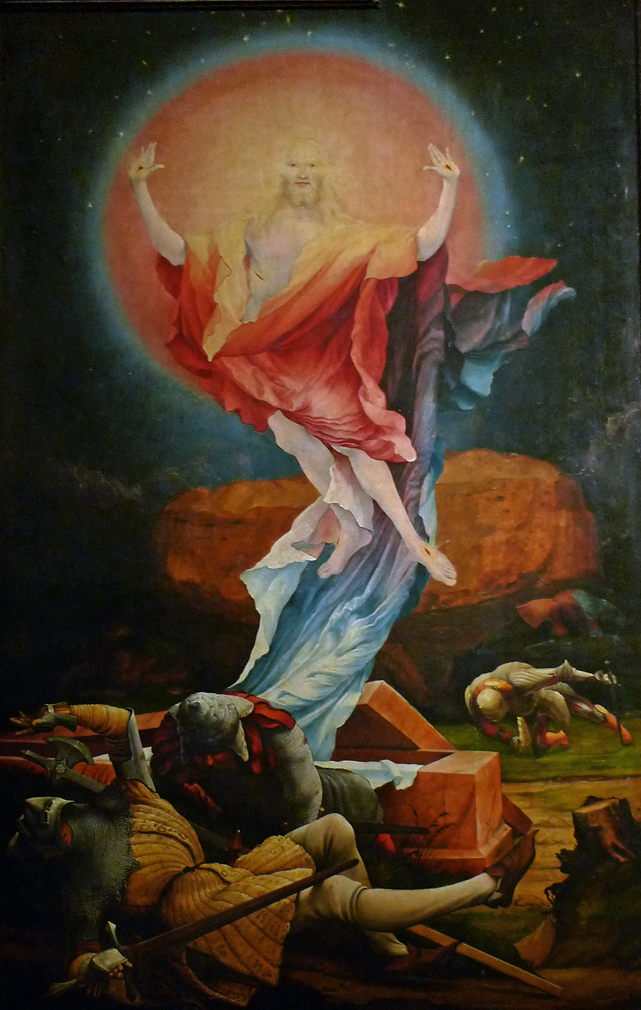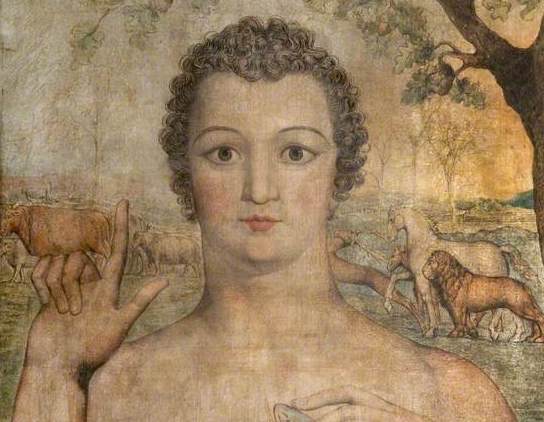To See through One’s Eyes
The poet William Blake asserted that he saw angels throughout his life, beginning in childhood. Presumably this is an aspect of what he meant by seeing “through, not with, the eye.”
Blake was a born visionary. Most of us are not. However, the potent images in his poetry resonate with us internally. We may not be able literally to
“See the world in a grain of sand, and heaven in a wildflower,
To hold infinity in the palm of your hand, and eternity in an hour”
but we can imagine what it might be like. And we can aspire to such a state. Given luck and instruction, we can even work toward it. On our path however, obstacles abound, and we are often, like Dante, in a dark wood.
Some obstacles we can recognize more easily than others. One of the most treacherous is the idea that the path will be short and easy. Worse, we may imagine that we have already reached our goal:.
“It is always a danger to aspirants on the path when they begin to believe and act as if the ten thousand idiots who have so long ruled and lived inside have all packed their bags and left town, or died.” ~Hafiz
The philosopher-emperor Marcus Aurelius, who had the burden of the state to consider, counselled: “Do not even think of Plato’s ideal republic, but be content to take a single step forward.”
As we develop a steward, the inner faculty that serves awakening, we can take that firm step forward. At this point in the work, we begin to see more clearly. We may also, however, be under an even more alluring veil of imagination. Just such a veil was the irresistible song of the sirens who lured the sailors in the Odyssey to jump overboard, and lose their way. The wise Odysseus, however, kept his ears open but bound himself to the mast of the ship. Thus, he learned to recognize the voices of allurement and stay on course. We must ask, always, are we hearing a call to the higher, or to the lower?

When we are in a dark labyrinth emotionally–identified with an object, a person or a project–we have lost our way. We can gain separation from the subject of identification by using a simple “stop” exercise. All traditions use this process, whether they call it prayer, a mantra, or an utterance. In the Fourth Way, we might call it ‘work I’s that counsel us to ignore imagination or identification. To remember to call upon help in the vortex of confusion, however, is not easy.
Our compass is toward the Pole Star, but our task is to maintain our balance, on course. To see through our eyes, we must learn to receive each moment with neither preference nor denial. In this way we may proceed not only away from our inner beasts, but toward our inner best. Step by step, we learn to walk out of imagination into the real world, and through it, into higher realms of reality.

Ruth Atkins is a musician and teacher, who works with Apollo Arts: https://www.apolloarts.org. She has been a student of the Fourth Way for four decades. Also see https://fourthwaytoday.org/movement-and-rest-in-musical-performance/ and https://fourthwaytoday.org/philosopher-kings-and-the-ideal-state/.
